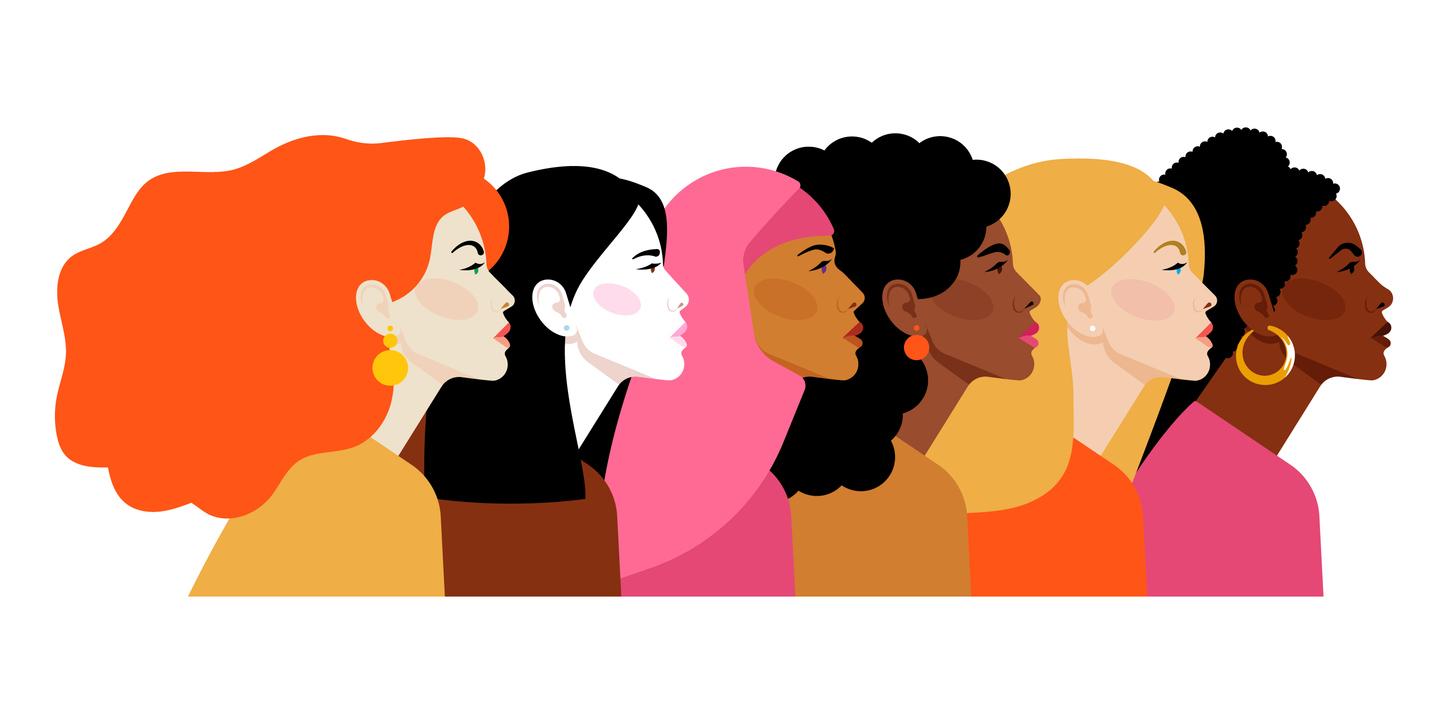Between 2014 and 2018, 40% of foreign patients at IVI Spain clinics were French, which represents 7,300 French patients in 4 years.

Today in France, one in seven couples has difficulty conceiving a child. Many turn to medically assisted procreation (MAP) which combines several clinical and biological practices to conceive a child such as artificial insemination, in vitro fertilization (IVF), gamete donation, etc.
In France, the PMA is only allowed to infertile heterosexual couples, the delays are long and the legislation only authorizes anonymous donations, a lack of transparency which disturbs some future parents. The shortage of gametes also imposes on the French between twelve and eighteen months of waiting time for spermatozoa and three years for oocytes. So thousands of couples turn to other European clinics, such as those in Denmark, England, Spain and Belgium where the legislation is more flexible.
French women in Spain
Between 2014 and 2018, 40% of foreign patients at IVI Spain clinics were French, which represents 7,300 French patients in 4 years. 70% of these women were in a relationship with a man, 25% were single (there is no data to know their sexual orientation), an increase of almost 350% in 4 years and 5% were in a relationship with another woman, an increase of 700%.
60% of them underwent treatment with egg donation, 15% had recourse to IVF (86.9% with their own eggs and 97.5% with egg donation), 15% opted for for artificial insemination and 10% vitrified their oocytes (social preservation of fertility or vitrification during ART treatment). On average, all of these women were between 34 and 43 years old.
More flexible legislation
These figures can be explained in particular by the fact that Spanish legislation authorizes thein vitro fertilization (IVF) up to the age of 50, compared to 43 in France, that PMA is allowed for single women and female couples, that extensive genetic compatibility tests are authorized without serious family medical history such as is currently the case in France, that future parents can have information on donors and that the Conservation of oocytes by vitrification (which makes it possible to postpone a possible pregnancy) is also authorized there without medical reason. Not to mention that ART does not influence the health of unborn children and poses no risk of cancer.
MAP for all France
The bioethics bill, which among other things provides for the opening of PMA to all women in France (including single and homosexual), is however on the table and the French seem to be in favor of it. According to an IFOP survey, for The cross and the European Bioethics Forum, respectively 60% and 57% of those surveyed support the expansion of assisted reproduction for all.
“My objective is to present a text before the summer holidays which will make it possible to meet the commitments which have been made by the President of the Republic”, Prime Minister Edouard Philippe recently assured Franceinfo. “In this bill on bioethics, there are questions even more complex than the question of PMA, more complex technically, legally, and perhaps even philosophically, ethically”, he specified. “I hope it will be a very fine parliamentary debate that must be approached without the desire to divide, by explaining”. Case to follow.
Currently, approximately 23,000 babies are born each year in France thanks to PMA.
.















